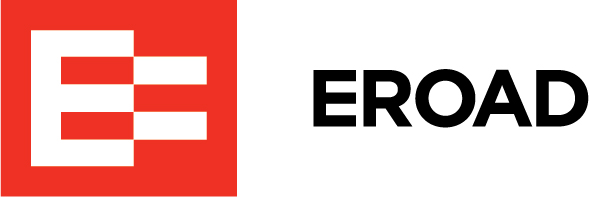Like the majority of ELDs on the market, the device you’ve chosen may be self-certified. What does that mean for you? It means your provider has certified themselves that their product meets the requirements, and registered the solution with the FMCSA by providing information about how the ELD works and how it was tested. It meets the minimum standards required by the FMCSA, so you should be able to rest assured that you’re compliant. Right?
As too many carriers have found in recent weeks, that’s not necessarily the case, and many are struggling with using a legacy technology that doesn’t work, with no fix in sight. It’s worth checking, too, that the ELD you are using is the same device your provider has registered with FMCSA. If it’s not, you may need to upgrade hardware or software or both to meet compliance.
Your ELD provider may have reached beyond self-certification, and taken the extra step of having the solution verified by a third-party. There are many different types of third-party verification, and independent testers will have their own procedures to test whether an ELD matches FMCSA requirements.
As a carrier, you need more than a third-party supplier’s name on the solution you choose. You need to know that the verification is unbiased, and that the testing procedures address the operational requirements of your fleet, as well as the technical aspects.
When EROAD made the decision to have our ELD independently verified, we opted for the gold standard. We were the first provider to offer an independently verified ELD and we set the standard by partnering with PIT Group, an industry leader in the testing and implementation of transportation-related products.
PIT Group’s procedures involved rigorous bench and operational field testing of our ELD against FMCSA’s certification and test procedures, and mimicked the approach taken by regulators during a roadside investigation or compliance audit. Crucially, it also investigated how our ELD would meet the operational needs of motor carriers.
What does this mean for our customers? Drivers can rest assured that EROAD ELD is accurate and that roadside inspections are easier, because our ELD has been designed and tested to do what’s expected – which means less downtime and reduced risk of penalties and fines.
EROAD customers can be confident their ELD is reliable because we went the extra mile to ensure it was technically compliant and operationally usable, now and into the future.
Next week: ELDs and what can go wrong with Bluetooth

Soona Lee
Director, Regulatory Compliance - North America
Soona Lee is responsible for understanding regulatory context and policies and technical requirements and translating them for development of the company's suite of compliance products.

